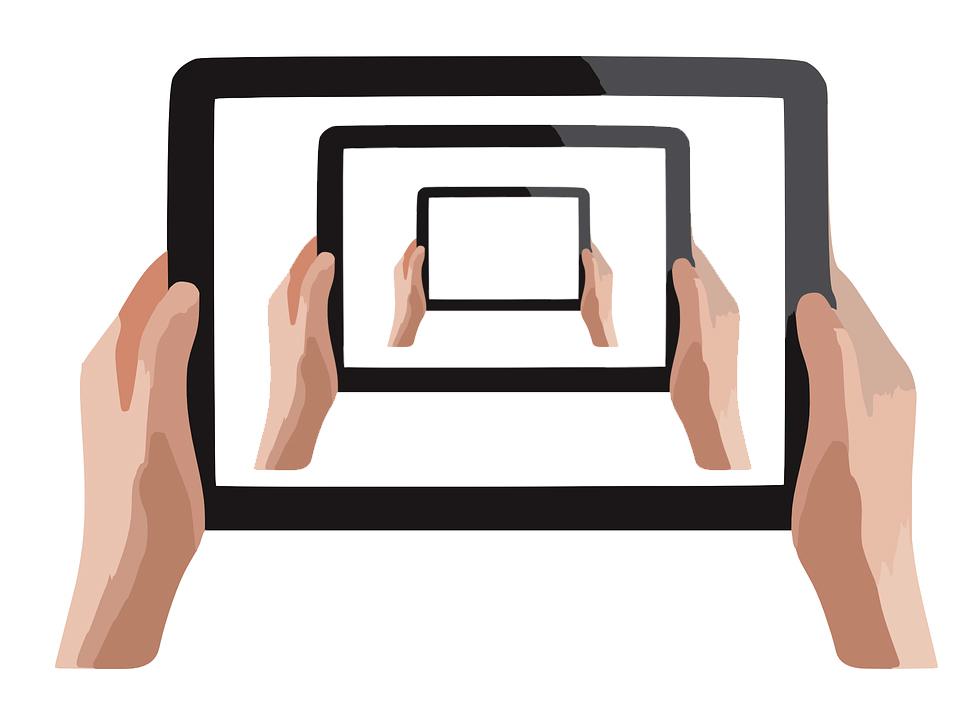These days, it's common for us to hear business-to-business companies say, "I want to be the Apple of...," or "I want to be the Amazon of...". Most of the time it doesn't mean they want to move into consumer electronics or e-commerce, but we know they mean. B2B leaders are B2C consumers first. They are exposed to world-class technologies and UX, for free, every day. So are their customers. It used to be that white-glove B2B experiences exceeded an average B2C experience, but no longer. World-class customer experiences are becoming the norm, and many B2B companies need to catch up.

Another shift in the B2B world is a collapsing value chain. At one end, suppliers seek to avoid commoditization by reaching further downstream. They aim to bypass obstacles like the purchasing group, or RFP processes to sell more with better margins.
At the other end of the value chain, many consumers have become savvy online researchers. They care about where their goods come from and getting a unique, quality product at the right price. End customers expect transparency in the value chain to find the information they want. In the middle, retailers and distributors get squeezed.
Market changes are both threats and opportunities. B2B leaders may need a change in mindset to thrive. Online retailers can offer their customers a wide array of products and brands with "endless" shelf space. This Long Tail can allow consumers to see some B2B brands for the first time.
In the lighting fixtures category, for example, many companies have been focused on selling through B2B showrooms, targeting interior designers, builders, and electricians. Online retailers such as Wayfair and Build.com have put these brands directly in front of consumers. Traditional B2B companies can get caught on their heels as they have to compete as a B2C brand that is more meaningful to the end customer.
B2B businesses are challenged to think and act more like consumer-facing brands. Even if a company's offering never directly reaches the end consumer, there is a new expectation for brand meaning and customer experience. As staying relevant to customers becomes ever more critical, B2B companies need to focus on getting different faster.
